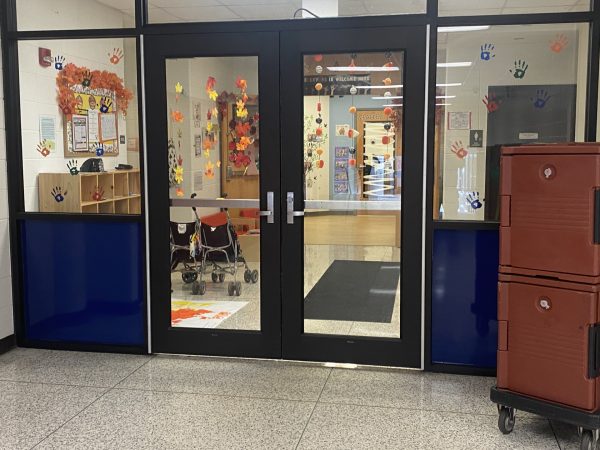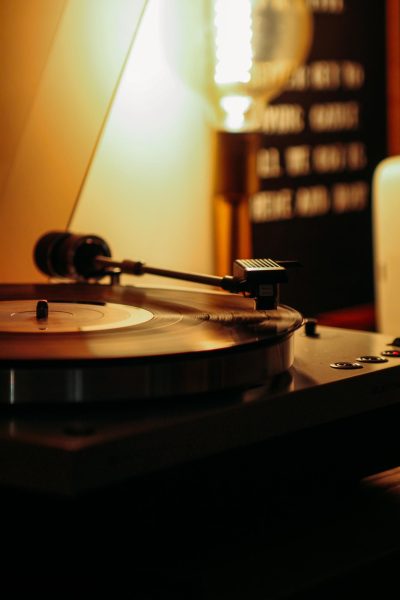The Senior Plague
Senioritis: The dreaded affliction that has spread through schools all across the country, even North. After college applications are submitted is the perfect, and most common, time for it to strike. Seniors are the prime target of the horrible disease.
Senioritis is defined as the loss of will to continue one’s performance in class, often resulting in students slacking off and procrastinating.
Roy Sanders is a senior who has contracted the unfortunate illness.
“You just kind of lose your motivation […],” said Sanders. “For me, it’s just kind of been like I’ve been floating through my classes.”
But what is the cause of this unfortunate malady? And what is it that makes seniors especially so susceptible to it?
Perhaps it’s just the sheer amount of time spent in a demanding schedule that makes seniors in particular so restless.
Kim Smith is a senior who also struggles with senioritis.
“In eleventh grade, I took APUSH,” said Smith. “I spent so much time taking notes and studying and I kept an ‘A’ all year round. It was about four or five hours of notes and writing essays and studying a night for DBQ’s and preparing for things at a certain point after a time, it started to feel like my senior year.”
Senior Kennedy Trendelman shared her own theory about why senioritis has been affecting her.
“I’ve been here for four years, and it’s to the point where it’s just, like, dragging along […],” said Trendelman. “I’m used to getting something assigned, and I’ll get it done in a day, and the rest of the class I’ll just have time to sit there, so I’ve just been […] sitting in class, really, because there’s not much to do anymore. I’m just ready for the year to get over with and done.”
Many students would agree that eleventh grade can be the most stressful year of high school. SATs can be taken in junior year, and AP classes are up for grabs, including AP U.S. History, or APUSH, a class known for its sheer amount of work assigned and strict grading policies.
Senior year can often feel like an easy ride in comparison to junior year. Classes aren’t necessarily that challenging. Most students, if they haven’t been accepted by colleges, are just waiting for a reply, and AP classes aren’t too much of a priority.
So, if the source can be chalked up to weariness with studies, college applications, and routine, what is the solution?
Well, there is no cure for senioritis; but there are rudimentary ways to cope with it.
“Motivating myself has been difficult, especially since I am just a laid back person, and I have a little too much hope in myself, and faith in my abilities,” said Smith, offering one main tip. “Motivating myself, it’s just like, ‘Okay, I’ve already got a full ride into IU, so I have to go to IU. As long I graduate, that’s the number one thing.’ I think senioritis is different for everyone, and it depends on your home life, and it depends on your classes that you’re taking […] I would just say when you start feeling like you’re getting senioritis, just try to check it as early as you can.”
Even though it may not feel important, senior year is still a year of school and should be taken just as seriously as any other grade. When senioritis is identified in the earlier stages, it can still be controlled and hopefully eradicated; when it goes unchecked, it can be much harder to cope with.
“I try not to let it bother me,” Trendelman said. “But obviously, there’s times of the year where I get tired and stuff, but I still come to school and do all my work, I just make sure I stay with it.”
The disease hasn’t claimed any lives, and long as students keep pushing and keep themselves motivated, they can survive it.






